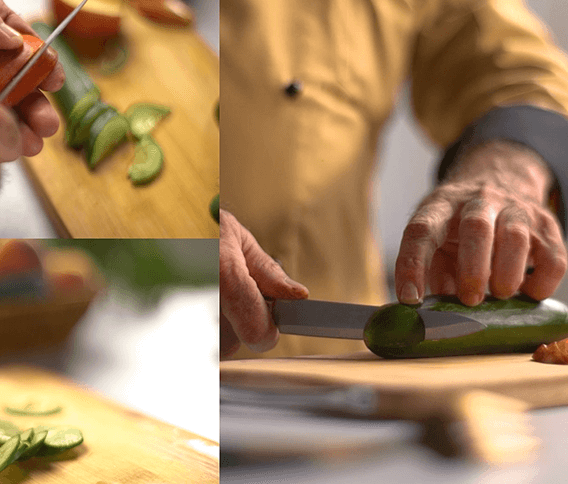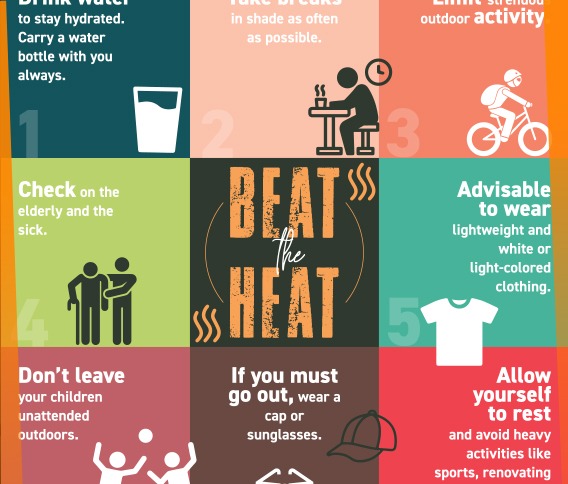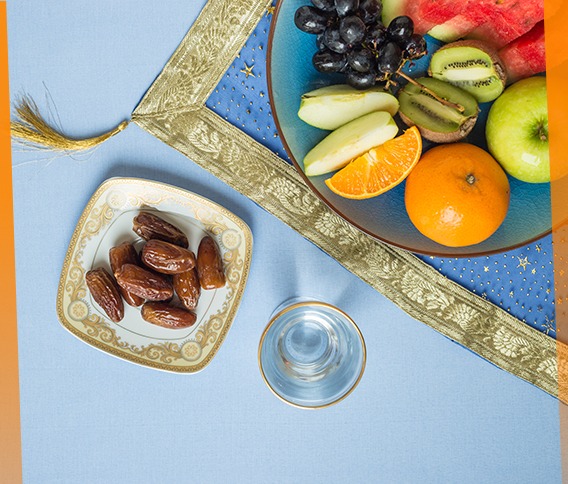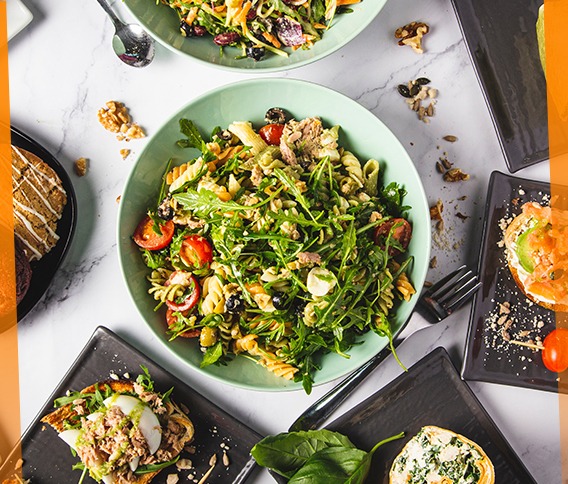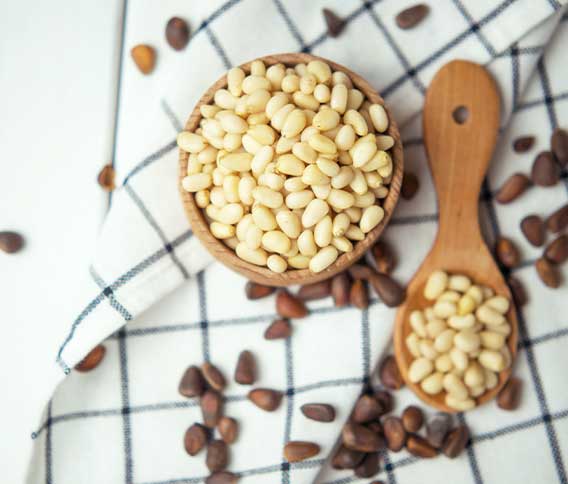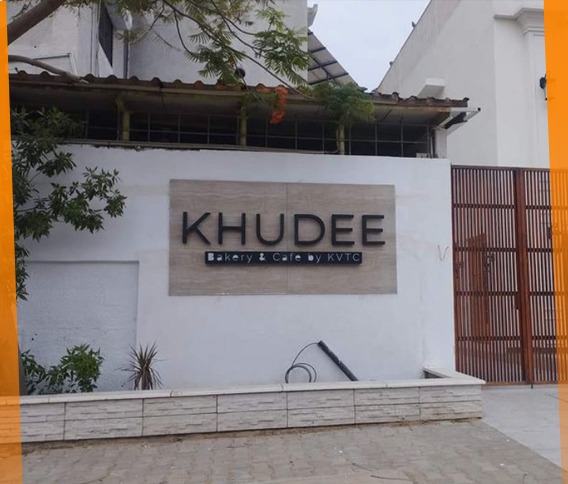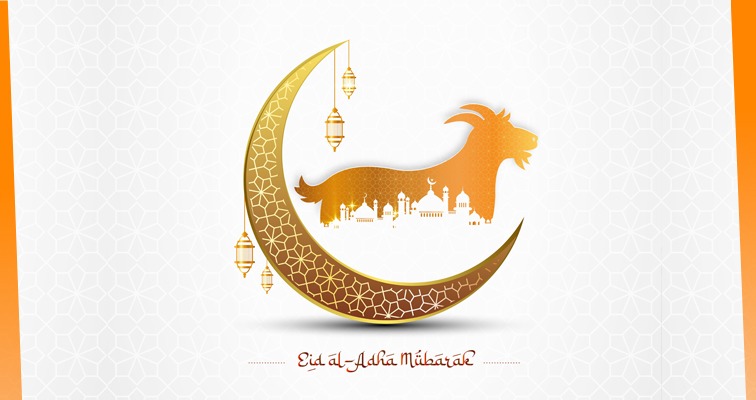
Eid-ul-Adha: Embracing the Spirit of Sacrifice and Community
Eid-ul-Adha, the "Festival of Sacrifice," holds profound significance in the Islamic faith, commemorating the unwavering devotion of Prophet Ibrahim (AS) (Abraham) who was willing to sacrifice his son in obedience to Allah's command. This sacred festival, celebrated by Muslims worldwide, is a time of deep spiritual reflection, community bonding, and acts of charity.
Rituals of Eid-ul-Adha
The day begins with the special prayer, Salat al-Eid, performed in congregation at mosques or open prayer grounds. This communal prayer fosters a sense of unity and shared faith among Muslims. Following the prayer, the key ritual of Eid-ul-Adha, known as Qurbani, takes place. Qurbani involves the sacrifice of an animal, such as a goat, sheep, cow, or camel, symbolizing Prophet Ibrahim's (AS) willingness to make the ultimate sacrifice.
The True Essence of Qurbani
The act of Qurbani is more than a mere ritual; it embodies the essence of submission to Allah's will and the spirit of sacrifice. The sacrificed animal's meat is meticulously divided into three equal parts:
1. One-third for the family: Ensuring that the household partakes in the blessings of the sacrifice.
2. One-third for friends and relatives: Strengthening bonds and sharing the joy of Eid with loved ones.
3. One-third for the less fortunate: Emphasizing the importance of charity and caring for those in need.
This division is a crucial aspect of Eid-ul-Adha, reinforcing the values of generosity, compassion, and community support. It ensures that the joy of Eid reaches every segment of society, especially those who might not have the means to celebrate.
Spending Eid-ul-Adha
Eid-ul-Adha is a time for reflection, gratitude, and renewal of faith. Families come together, dressed in their finest clothes, to share in the festivities and perform the Qurbani ritual. It's an opportunity to teach children about the importance of sacrifice, empathy, and helping others. Visiting relatives, sharing meals, and distributing meat to the less fortunate are central to the day's activities, fostering a sense of community and solidarity.
Moreover, Eid-ul-Adha encourages Muslims to reflect on their own lives and consider how they can make sacrifices for the greater good, whether through acts of charity, kindness, or personal growth.
Culinary Delights of Eid-ul-Adha
Food plays a central role in the celebrations, adding joy and flavor to the occasion. Traditional dishes like BBQ Kaleji (liver), kebabs, and various meat curries are prepared with the freshly sacrificed meat. BBQ Kaleji, marinated with spices and grilled to perfection, is a favorite delicacy enjoyed by many. Alongside these, slow-cooked Beef Rendang, biryani, and other festive dishes make the Eid table a true feast of flavors and aromas.
Eid-ul-Adha is a celebration of faith, family, and the spirit of giving. It is a reminder of the importance of sacrifice, not just in the ritualistic sense, but in our everyday lives, and how we can contribute to the well-being of our communities. Eid Mubarak!
